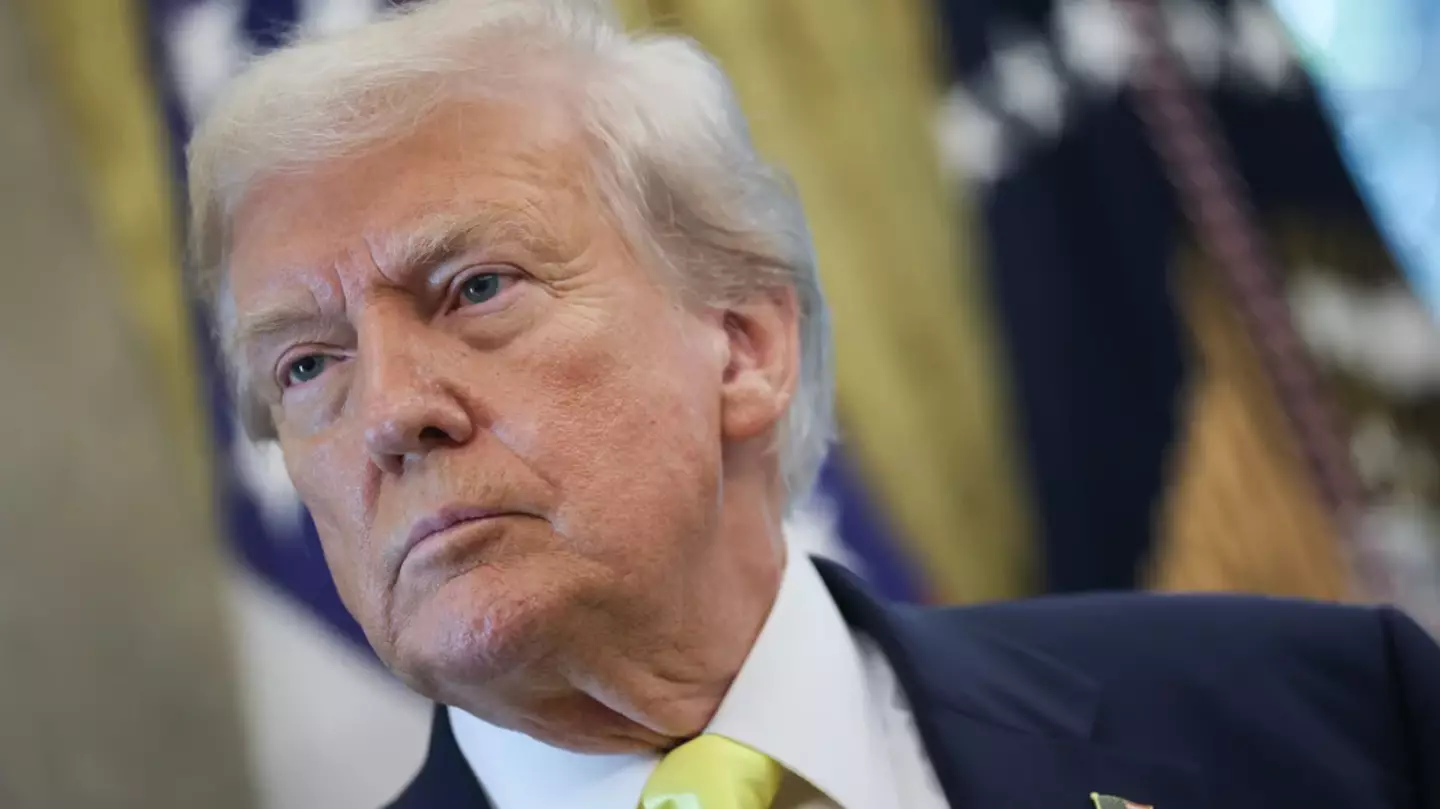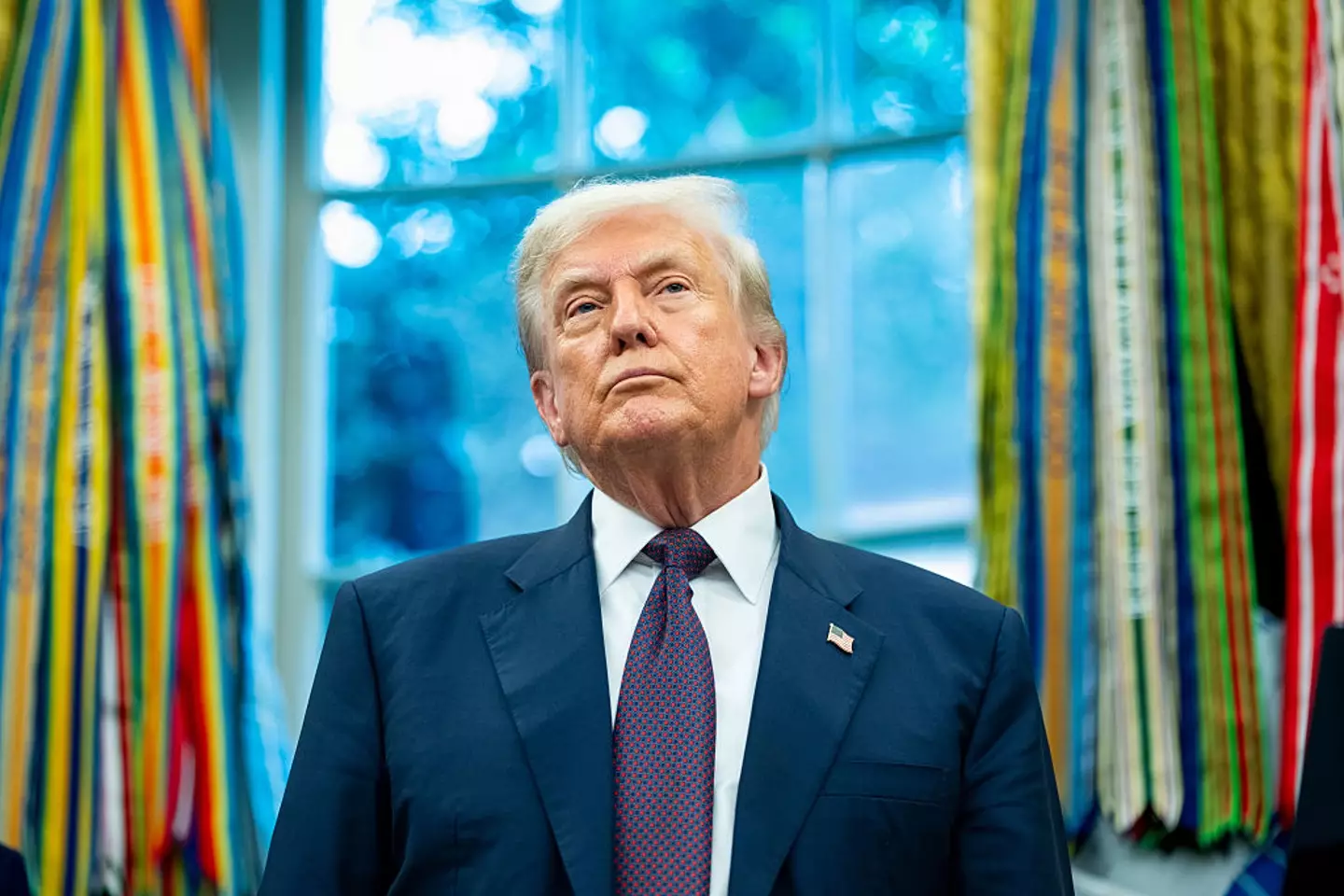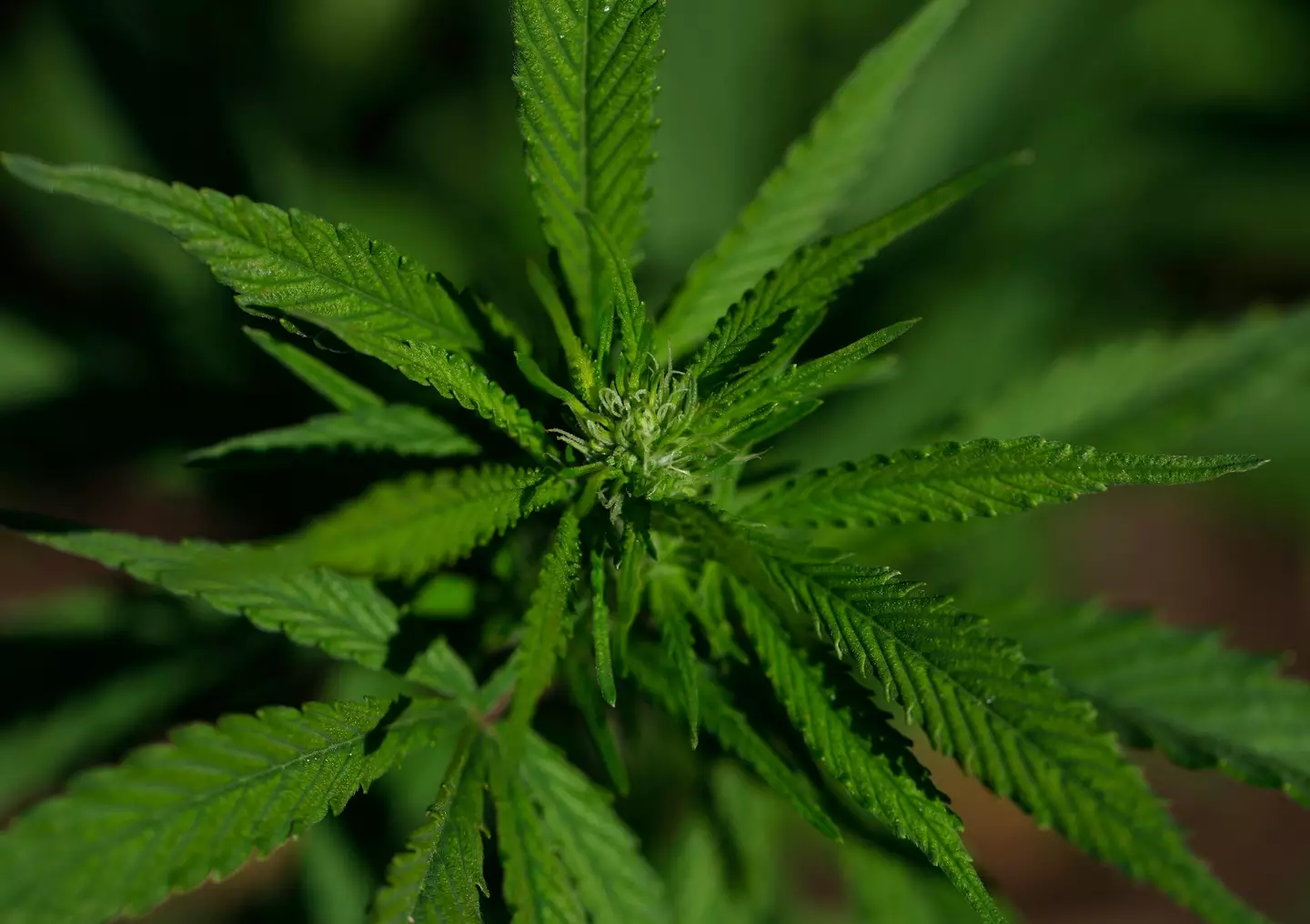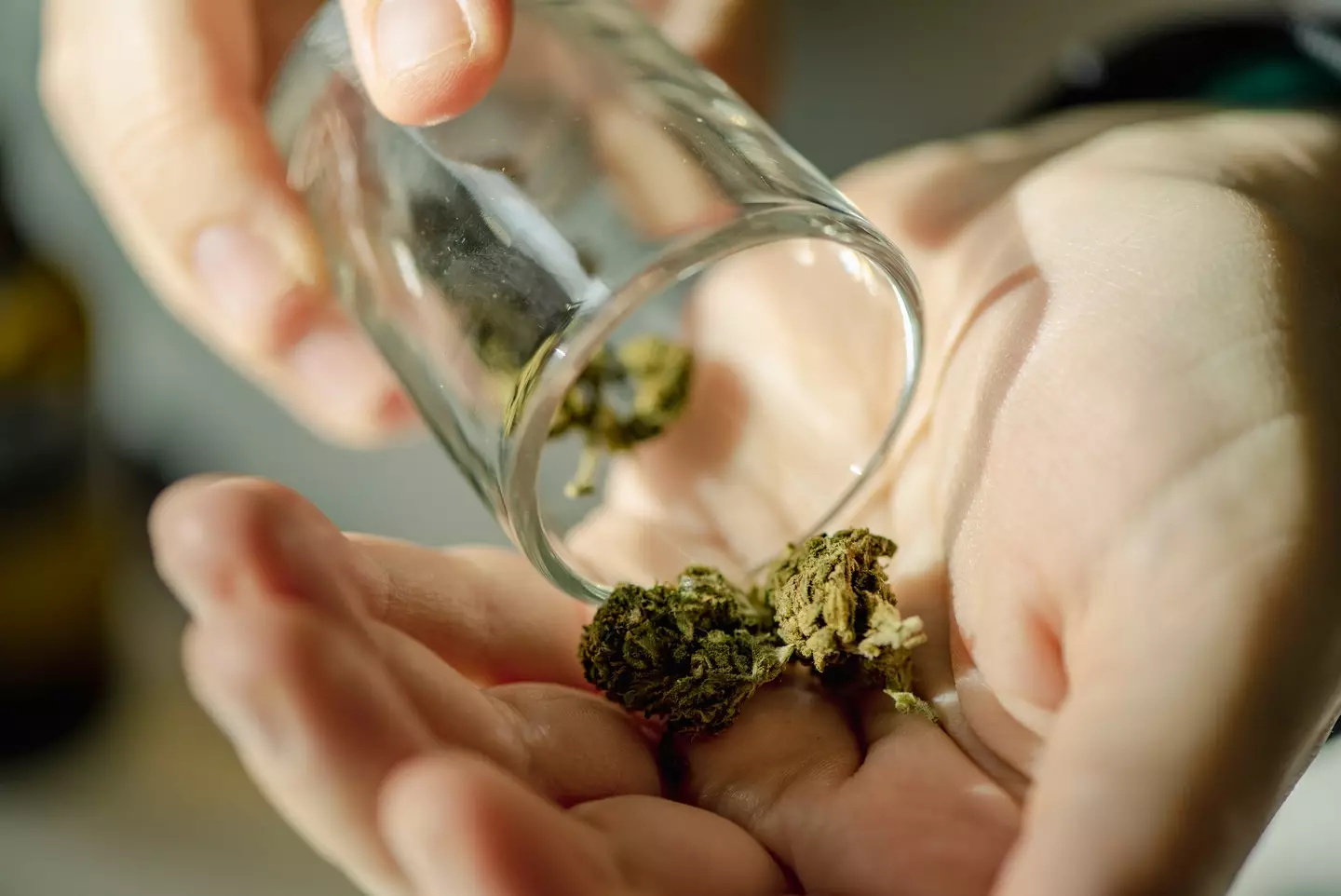
Donald Trump is reportedly looking at reclassifying marijuana as a less dangerous drug in the US.
According to an article in the Wall Street Journal, the 79-year-old president is 'looking at' making a huge change, which would make it easier to buy and sell weed, making the multibillion-dollar industry more profitable.
The publication's sources claimed that during a recent fundraiser held at his New Jersey golf club, where tickets for the event went for a whopping $1 million each, the Republican leader first spoke of the potential plans.
He allegedly said he was 'looking at' possibly changing the classification of marijuana from a Schedule I controlled substance to a Schedule III substance.
Advert
In simple terms, this doesn't mean it would make the drug completely legal across the US, but it would help ease restrictions on it.

At the event, speaking of tweaking the federal restrictions for the drug, Trump allegedly said: "We need to look at that. That’s something we’re going to look at."
Then, according to The Telegraph, speaking at a press conference on Monday, the US president affirmed: "We’re looking at reclassification, and we’ll make a determination over, I’d say, the next few weeks."
Advert
He reportedly added that the decision is 'very complicated' - so, let's break it down.
How do US marijuana laws work?
At a federal level, marijuana remains illegal in the US as per the 1970 Controlled Substances Act, however, many states have made their own rules for cannabis use.
As we mentioned earlier, it's federally classified as a Schedule I drug - this means that federal law considers it to have a 'high potential for abuse' and 'no currently accepted medical use in treatment in the United States'.
Advert
But, despite its federal classification, 24 states plus the District of Columbia have fully legalised weed, meanwhile others have opted to only allow it for medicinal purposes.
Cannabis legalisation in individual states can be done in a number of ways, ranging from fully illegal to legal for both medicinal and recreational use.
If you're in a state that has completely legalised recreational marijuana and you're 21 or older, you have the right to use cannabis products for your own personal enjoyment.
However, this doesn't always mean it's legal to purchase - confusing, I know.
Advert
For example, while it's illegal to buy marijuana in Washington, DC, it’s legal for anyone 21 and older to possess up to two ounces of it and grow up to six marijuana plants in the district.
So essentially, it's all down to the state you're in and their specific regulations.

What would happen if marijuana became a Schedule III drug?
If Trump were to go ahead and reclassify marijuana as a Schedule III drug, this would be a pretty big change up and down America.
Advert
According to the US government's website, Schedule III drugs are defined as drugs 'with a moderate to low potential for physical and psychological dependence' and their 'abuse potential is less than Schedule I and Schedule II drugs'.
Some examples of Schedule III drugs are products containing less than 90 milligrams of codeine per dosage unit, such as Tylenol with codeine, ketamine, anabolic steroids, and testosterone.
Meanwhile, Schedule I drugs are defined as drugs with no currently accepted medical use and a high potential for abuse.
Some examples include heroin, LSD, ecstasy, and as of right now, marijuana.
It's important to note that the switch up would not make marijuana completely legal - it would just help ease restrictions and create more opportunities for medical uses and possible tax breaks for marijuana companies.

Which US states is marijuana currently legal in?
States where marijuana is fully legal:
- Alaska
- Arizona
- California
- Colorado
- Connecticut
- Delaware
- District of Columbia
- Illinois
- Maine
- Maryland
- Massachusetts
- Michigan
- Minnesota
- Missouri
- Montana
- Nevada
- New Jersey
- New Mexico
- New York
- Ohio
- Oregon
- Rhode Island
- Vermont
- Virginia
- Washington
States where marijuana is legal for medical purposes only:
- Alabama
- Arkansas
- Florida
- Georgia (CBD oil only)
- Hawaii
- Indiana (CBD oil only)
- Iowa (CBD oil only)
- Kentucky
- Louisiana
- Mississippi
- New Hampshire
- North Dakota
- Oklahoma
- Pennsylvania
- South Dakota
- Tennessee (CBD oil only)
- Texas
- Utah
- West Virginia
- Wisconsin (CBD oil only)
- Wyoming (CBD oil only)
Topics: US News, World News, Donald Trump, Health, Crime